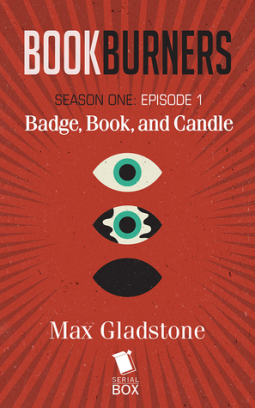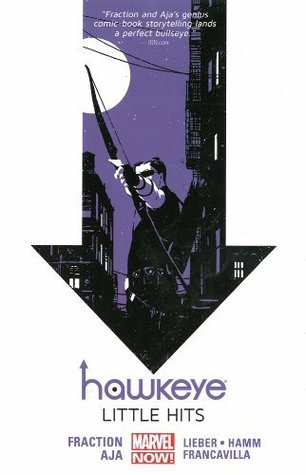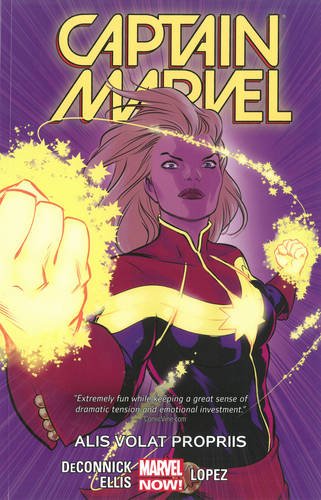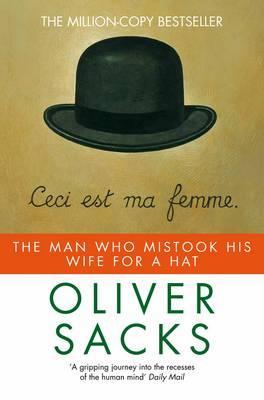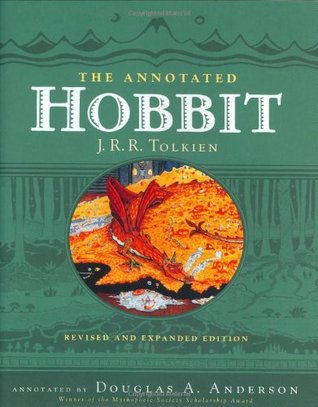 The Annotated Hobbit, J.R.R. Tolkien, Douglas A. Anderson
The Annotated Hobbit, J.R.R. Tolkien, Douglas A. Anderson
Originally reviewed 11th October, 2011
The Annotated Hobbit is a really great edition of the book for fans of Tolkien, or anyone studying Tolkien’s work. It’s full of useful annotations, including the references to Tolkien’s sources and inspiration, and the history of corrections to the book (particularly the ones bringing it in line with The Lord of the Rings geography and canon). It also contains a lot of illustrations from different editions of the book, including Tolkien’s own — most in black and white, but with an insert in full colour. I didn’t realise Tolkien originally did his own illustrations.
For a casual reader, though, it’d be more distracting than not. There’s notes on practically every page, many of them lengthy — you might have to turn two or three pages to find the relevant note, as they don’t all fit in beside the text — and they aren’t all of interest to the casual reader. I wouldn’t recommend it for a first-time reader of The Hobbit. For me, as a fan and as a scholar, though, it was really fascinating. I especially loved the notes on the language — e.g. Tolkien’s wordplay in the chapter with the spiders, fully intelligible only to people with an enormous knowledge of different languages, including ancient ones.
The story itself, well. For me it’s an old favourite, warm and comforting, like eating Werther’s Originals in a warm corner, inside, on a windy night. Even reading it for a class didn’t get in the way of that. There’s no way for me to be objective about it, and I won’t try.
Rating: 5/5

